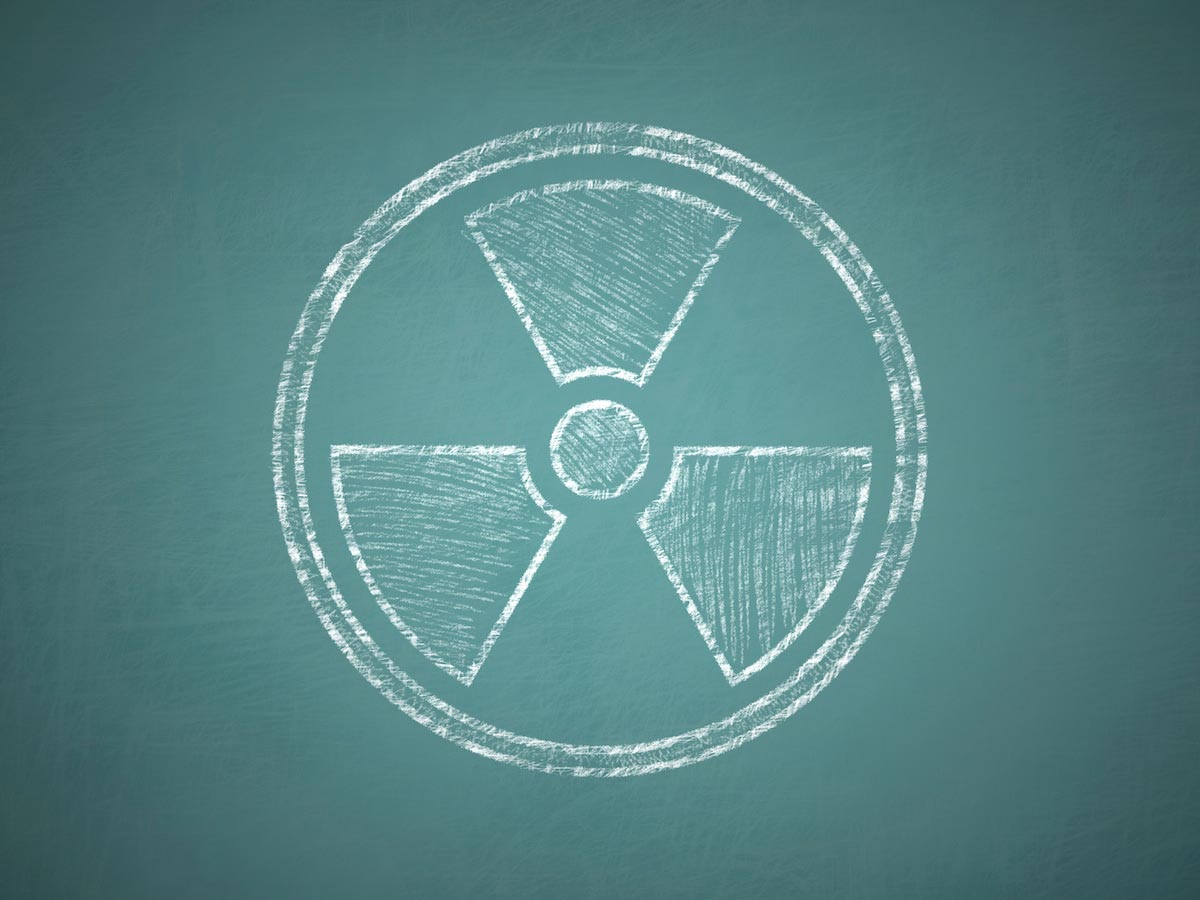
Lead investigator Johan Martens of KU Leuven told news outlet VRT NWS that he and his team have been working on the project for a decade prior to its release. Initially, the solar panel only produced a rather minuscule amount of hydrogen. Subsequent improvements increased its yield, and it can now produce up to 250 liters of hydrogen gas per day.
Martens attributed the solar panel's success to "a unique combination of physics and chemistry." He elaborated: "[In] the beginning, we had 0.1 percent yield and we really had to search for those hydrogen molecules. [Today,] you see them coming up in bubbles. That's ten years of work – always improving [and] looking for problems, so you end up with something that can work effectively."
A recent demonstration performed during a cloudy day saw large quantities of hydrogen bubbles appear as soon as the prototype panel was exposed to the sun. This only showed that the Belgian scientists' panel definitely produced a substantial amount of hydrogen.
Researcher Jan Rongé commented: "Twenty of these panels produce enough heat and electricity to get through the winter in a very well-insulated house, and still have electricity left over," he added. With regard to the risks of the highly combustible gas leaking and subsequently exploding, Rongé commented that "the risks of accidents [involving hydrogen] are no greater than with natural gas."
The researcher estimated that a typical home would need about four cubic meters of storage for hydrogen. It would be equal to the size of a typical fuel oil tank, Rongé added.
The breakthrough solar panel will first be tested on one house before being rolled out
The solar panels made by Martens and his team are still a long way from commercial production. However, a new prototype will soon be installed in the home of Flanders resident Leen Peeters. The engineer who lives near KU Leuven has turned her home into a kind of laboratory for energy conservation technologies.
Peeters' well-insulated residence has solar panels that power a solar water heater and a heat pump – which allow her to be self-sufficient and not rely on the local natural gas line. The only time she connects to the larger electricity grid is during the winter months. If the prototype solar panels work well on Peeters' house, they will be installed in more houses in her neighborhood. The hydrogen concurrently produced by the solar panels will then be used to heat her neighbors' homes, with the excess being stored for use in the next winter.
Martens commented that he is excited to see his team's prototype panels undergo real-world trials. The KU Leuven professor added that he and his team put sustainability, low cost and usability when they designed the panel. "We work with cheap raw materials, and we do not need precious materials or other expensive components," he said.
Meanwhile, research done in a different part of the world has resulted in the development of a new catalyst that also has a 2-in-1 function. A group of Chinese scientists described how they combined multiple metals, creating a catalyst that produced hydrogen and cleaned wastewater at the same time. They published their findings in ACS ES&T Engineering in March of this year.
There are a number of ways to extract hydrogen in nature for use as energy. It is one of the most abundant elements on Earth and is a cleaner energy source compared to fossil fuels. However, it is incorporated in different compounds on the planet such as water. One method of obtaining hydrogen is through photocatalytic water splitting – in which sunlight breaks apart water molecules. (Related: Renewed science effort under way to turn water into fuel using energy from solar panels.)
Chemical catalysts speed up this process of splitting water molecules. Thus, the researchers made use of three nano-scale metals – titanium dioxide, cobalt dioxide and platinum – to create a new compound. This new product managed to degrade antibiotics and produce substantial amounts of hydrogen when exposed to simulated sunlight. Further testing on deionized water and wastewater samples found that the catalyst produced larger amounts of hydrogen in wastewater.
Visit Power.news to learn more about novel ways of extracting cleaner energy.
Sources include:
Please contact us for more information.























